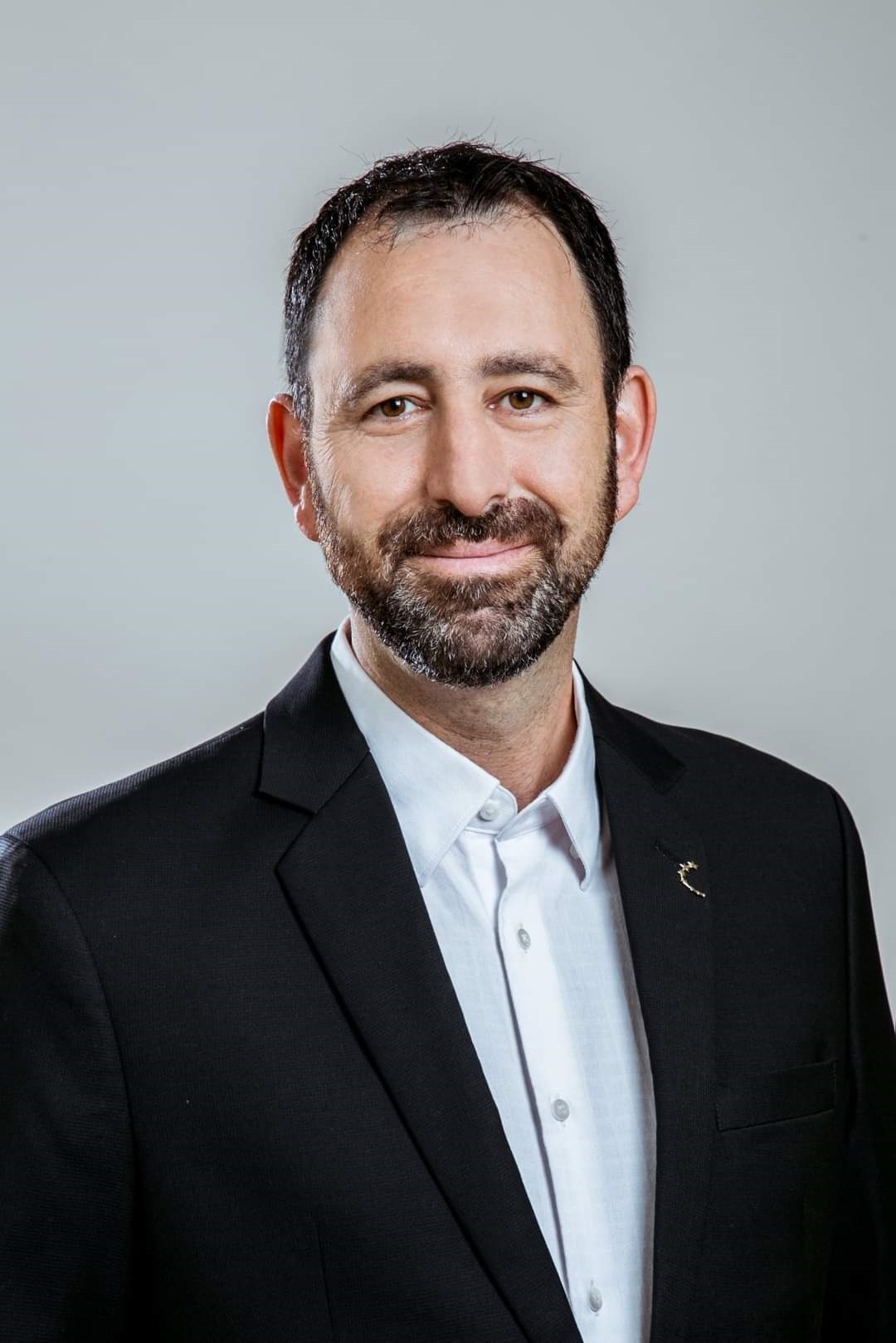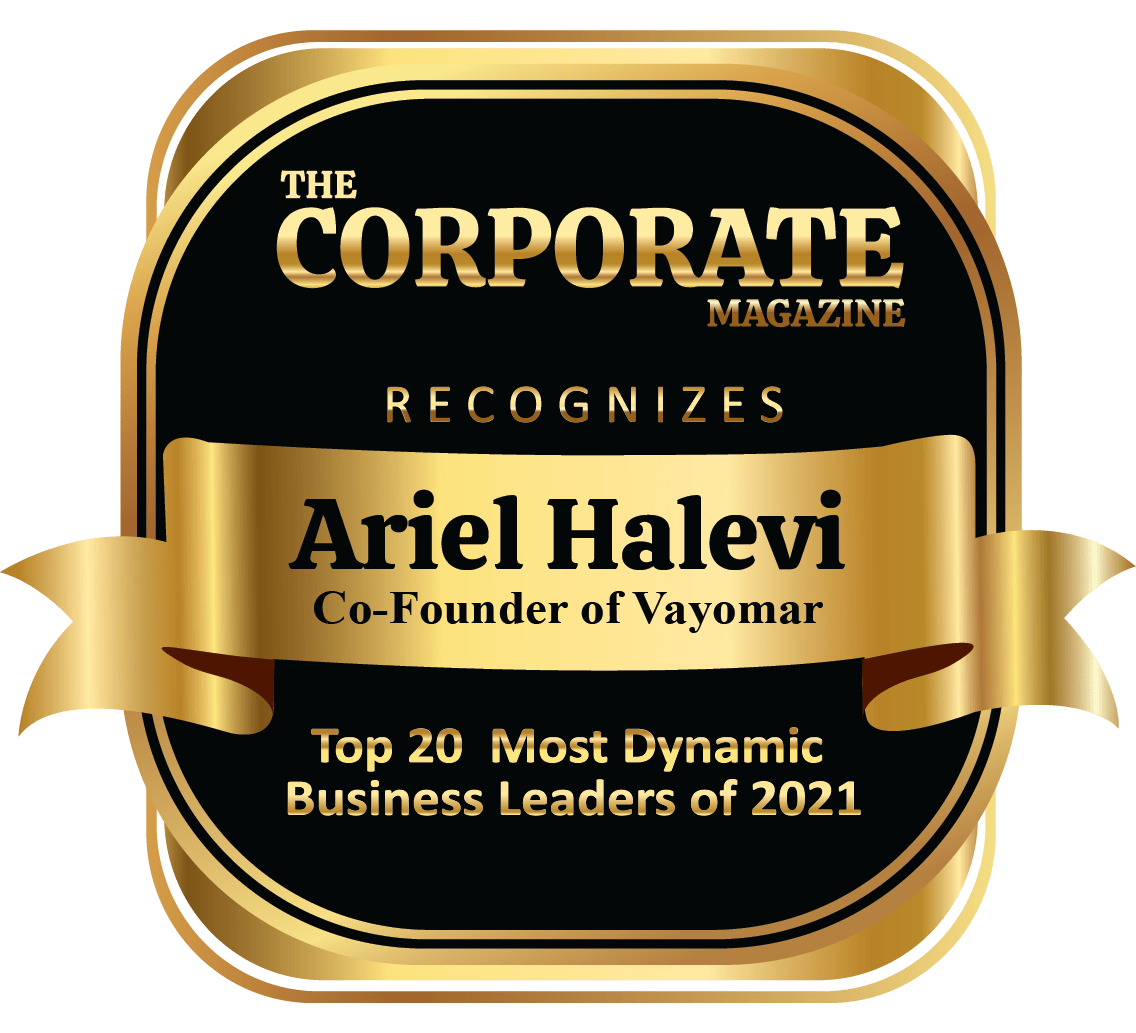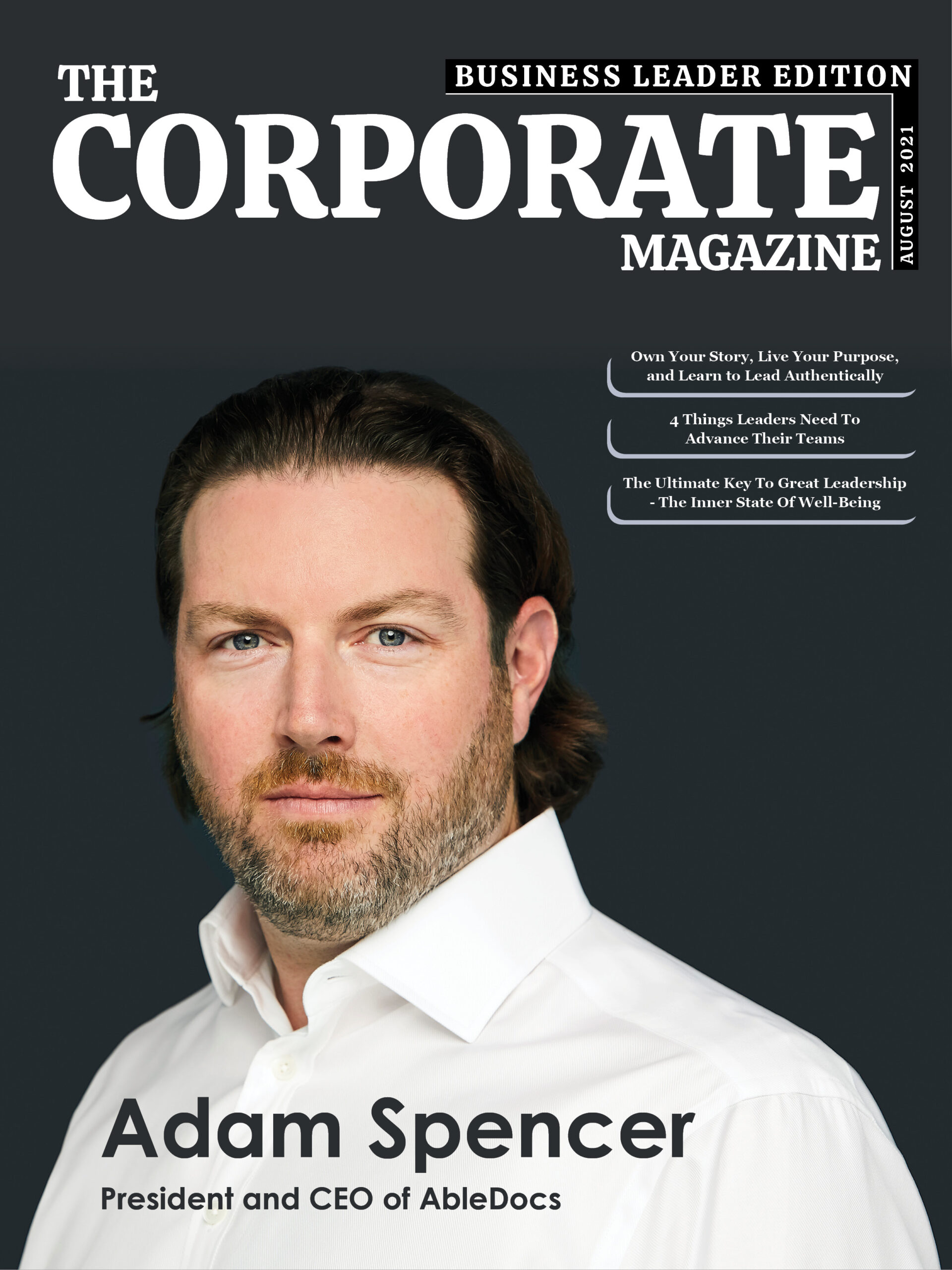Ariel is relating to Vayomar’s vast library of tools and methodologies, all developed and designed to enhance our ability to make better (more rational) decisions, and then effectively communicate them so as to maximize our effectiveness as we move from strategy to execution.
“Our overall approach, and offerings, have all been deeply influenced by a wide range of interdisciplinary – yet highly complementary – fields” he continues, listing (a)Psychology; (b) Behavioral Economics; (c) Neuroscience; (d) Technology; and (e) Philosophy. “We human beings are highly complex organisms, and only a broad enough interdisciplinary approach will prove effective in learning how to understand ourselves and then better the ways in which we interact and engage with other people.”
At one point, these interdisciplinary influences led Ariel to embrace a mindset that now sits at the very base of everything he and Vayomar do: the shift from a mindset of scarcity to a mindset of abundance. Captured best by the sentiment of “the more others have, the more there is forme”. This guides the team’s approach from the very beginning of its relationships with new customers and partners:trying to create value from the very first meeting – only then followed by a review of the commercial framework that is required to sustain both sides.
Embracing the now well-known quote by Peter Drucker, “Culture eats strategy for breakfast,” Ariel has been adamant about making this paradigm shift the heart of the company’s core values and culture, and ensuring that each and every team member in the company is as committed to the path as they are to the destination. “This unwavering commitment to embracing and upholding our company’s core values has at times come at short term commercial costs, but over time, has proven a valuable (and powerful) core foundation of our identity and resilience in the face of changing market conditions, and especially during the Covid-19 global health crises”.
With a strong company culture in place, supported by eight diligently articulated core values, it was time to also put in place strategic guidelines that would drive the company’s business decision making processes. This was done by creating a clear distinction between three types of opportunities. Each potential customer, or initiative, was to be evaluated and categorized as being either: (a) strategic, (b) tactical, or (c) a distraction. This allowed for a consistent and proactive way of evaluating what were often very different types of opportunities and supported the ongoing pursuit of the company’s longer-term goals even as it sought to meet short-term objectives.
“We have a series of principles through which we operate and which I believe are the reason that we have not only grown internationally, but also successfully built so many long-term relationships with many of our customers (10+ years)” says Ariel. One such principle is the steadfast leader’s belief in, and commitment to, turning professional relationships into lifelong friendships. There’s a saying ‘never do business with friends’, to which Ariel responds “try to ensure you only work with people whom you’d love to turn into friends”. He adds, “Given the number of hours we now spend at work, throughout our adult lives, and the unprecedented impact our work has on our mental and emotional wellbeing – it seems crazy to have an invisible line separating between a professional relationship and a friendship.” This is especially true given the level of trust and intimacy that is required nowadays in order for everyone to feel that they can truly rely on one another with regards to the future of the companies and individual careers.
When asked about Vayomar’s competitive advantage or main differentiators from other companies and players in their space, a small smile appeared on Ariel’s face, and he circled back to the paradigm of abundance. “I don’t like the idea of solidifying my own value by pitting it against the value offered by others. That is a relic of the paradigm of scarcity. We at Vayomar measure ourselves against the standard of excellence which we have commitment to. That is our bar. It’s not about being better than other companies, or even meeting and exceeding our customer’s expectations. It’s about meeting our own” says Ariel with an unwavering steadiness in his voice. “The fact is, that the market and the need for what we, as well as our ‘competitors’ offer is so much greater than what companies are actually consuming, that there is truly enough business out there for pretty much all of the players in our space, and then some”.
Ariel goes on to tell about one of Vayomar’s long-standing customers, an industry leader with 25,000 employees scattered over dozens of countries around the globe, that was looking for a way to enhance their performance around customer satisfaction, retention, and ‘land-and-expand’ metrics. Since Vayomar had a clear understanding of their organizational structure and customer-facing work methods, they designed a program that would focus on several hundred of their non-sales customer-facing employees (mainly technical individuals and teams responsible for product customization and delivery, tech support and quality assurance). The result was an astounding success, with higher Net Promotor Scores (NPS) and millions of dollars from deals that originated from leads generated by these non-sales functions.
One of Vayomar’s most recent achievements was being selected by a Fortune 200 company as one of five top global firms selected to assist with a $1B and 5-year change management program pertaining to the introduction and adoption of automation technologies for global supply chain operations. Vayomar was specifically given the mandate of designing and supporting the execution of the “Communicate the Change” track of this massive project, with the objective of ensuring that the fear of this massive change would not lead to a large-scale exodus of top talent critically needed to successfully drive this change.
“It’s hard to believe that we are coming up on our 20th anniversary,” said Ariel as our interview comes to a close. “We’ve certainly come a long way, having recently launched our APAC regional office in Melbourne, Australia)” he shares with me “and there is yet much more to come”. He tells me about another byproduct of the paradigm of abundance Vayomar has embraced: a strategic decision to turn the massive IP library they have created over these past two decades (over 22 models and methodologies relating to executive leadership team performance, building successful sales organizations, building winning team and company cultures, establishing powerful mid-level managerial layers, and much more) into online courses their customers can add to their learning management systems (LMS) as part of the growing global trend of cultivating self-learning life-long learning employees. “Each of our information products will include short-form and long-form videos, supporting written collateral and suggested external resources (i.e. – books, podcasts and online talks),” adds Ariel. “Our goals is to make them available, at no additional cost, to any of our customers that engage with us around meaningful projects and ultimately to the general public. Knowledge is meant to be shared – and doing so for the benefit of our customers, their employees and humanity at large so as to ensure that we are able to make good decisions and live healthy and productive lives in this 21st century reality in which we now exist is Vayomar’s first and most important purpose” he ends.




















